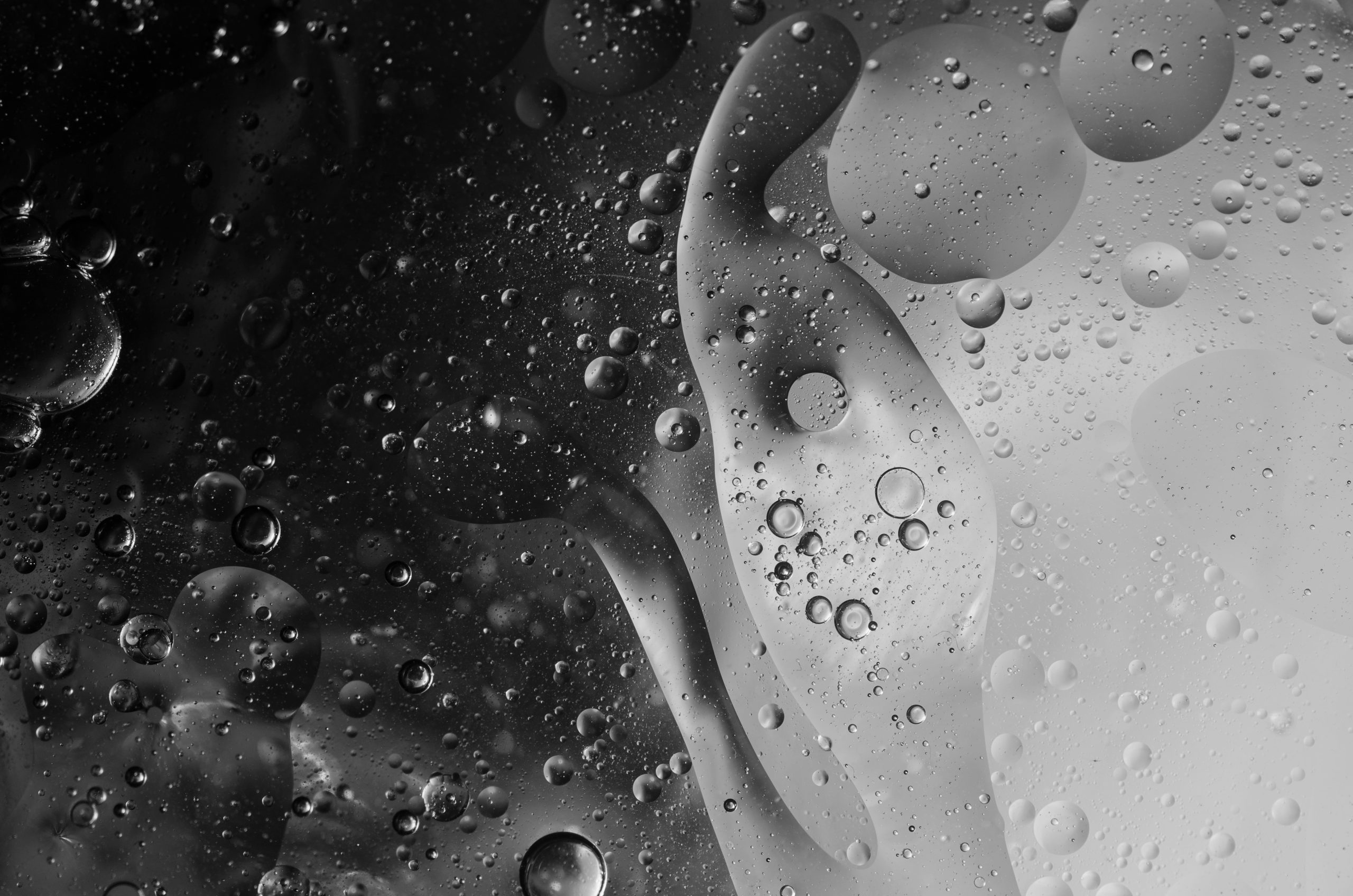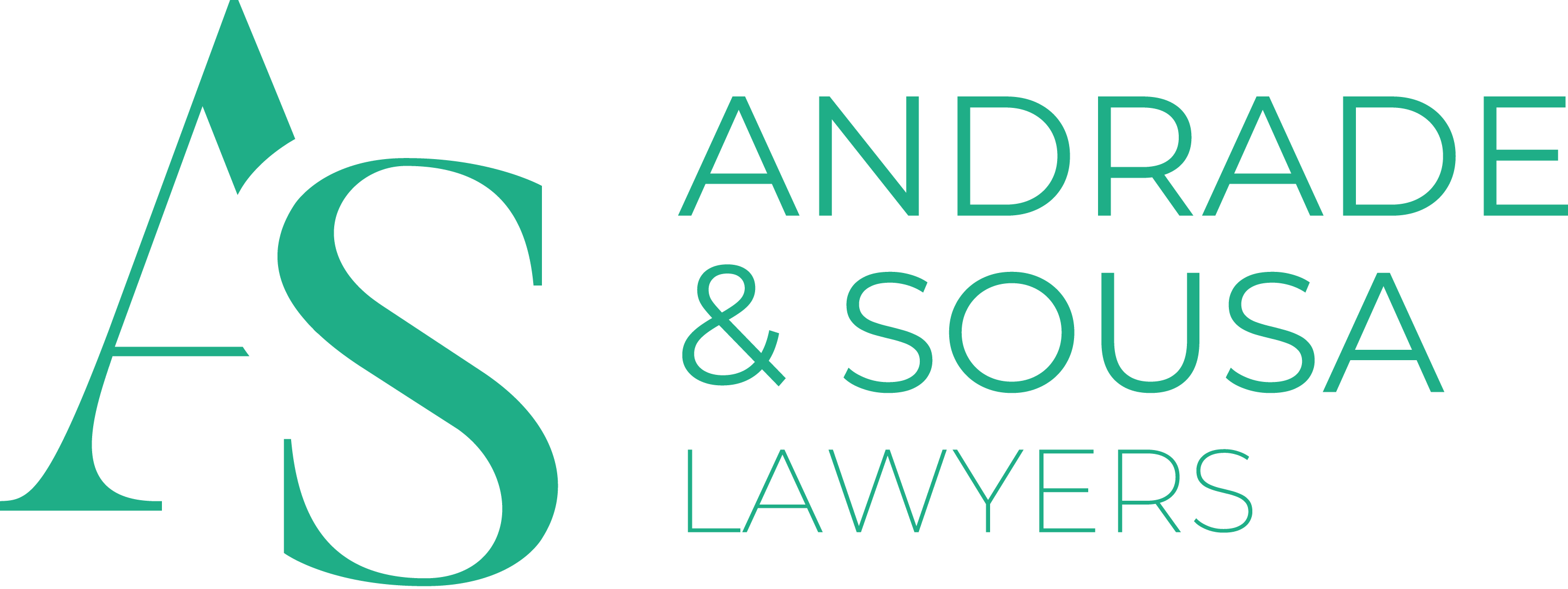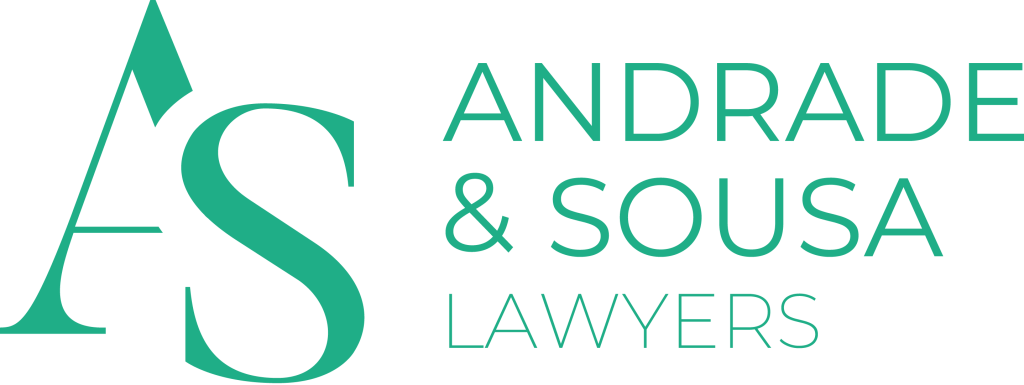July, 2024
Industrial property law ensures the exclusive use of trademarks, inventions (patents and utility models), distinctive trade signs (brands, logos, designations of origin and protected geographical indications) or designs (drawings or models). This industrial property right, and consequent exclusive use, is guaranteed by registration which, although not compulsory, is the only form of legal protection.

1. Registration of Industrial Property
1.1 Industrial property rights ensure the exclusive use, production and marketing of patents, trademarks, logos and designs.
1.2 In order for industrial property rights to be exercised, preventing the use of trademarks and designs by third parties, it is essential to register the industrial property. Only by registering with the National Institute of Industrial Property (INPI) is there legal protection.
1.3 As a rule, the exclusivity rights granted by registration with the INPI are only valid in national territory, so if the holder of this right is interested in exporting products, they can opt for EU registration or international registration.

2. Trademark Registration
2.1 Registering a trademark gives its owner the right to industrial property and exclusive use of the trademark for the products and services for which it is intended.
2.2 The application to register a trademark is made by means of a request, addressed to the INPI, which must indicate, in particular:
- The applicant’s name, business name or company name;
- Domicile or place of establishment;
- Products or services for which the trademark is intended;
- Indication of the type of trademark to be registered;
- Explicit indication of whether the mark is a collective mark or a certification or guarantee mark.

3. Logo Registration
3.1 The registration of a logo gives its owner the right to industrial property and exclusivity of the logo to designate a particular entity that provides services or markets products.
3.2 The request for logo registration is made by means of an application, addressed to the INPI, which must indicate, in particular:
- The applicant’s name, business name or company name;
- Domicile or place of establishment;
- Type of services provided or products marketed;
- The color or colors in which the logo is used;
- Graphic representation of the sign.

4. Patent Registration
4.1 Patent registration protects an invention from being used, produced or marketed by others without the owner’s authorization.
4.2 The request for patent registration is made by means of an application, addressed to the INPI, which must indicate, in particular:
- The applicant’s name, business name or company name;
- Domicile or place of establishment;
- Heading or title summarizing the subject of the invention;
- Name or country of residence of the inventor;
- Claims of what is considered new and what characterizes the invention;
- Description of the object of the invention;
- Summary of the invention.

5. Design Registration
5.1 The registration of a design confers on its owner the exclusive right to use it and to prohibit its use by third parties without his consent.
5.2 The application for design registration is made by means of a request, addressed to the INPI, which must indicate, in particular:
- Name, business name or company name of the applicant;
- Domicile or place of establishment;
- Indication of the products in which the design is intended to be applied;
- Name and country of residence of the designer;
- Colors, if claimed;
- Graphic or photographic representations of the design.
Andrade and Sousa Lawyers
info@aslawyers.pt




